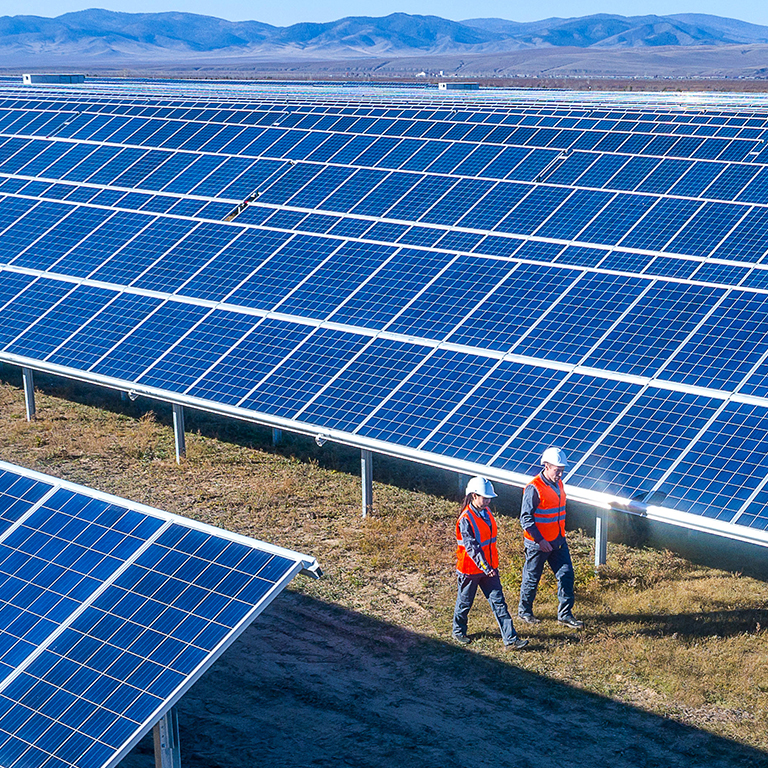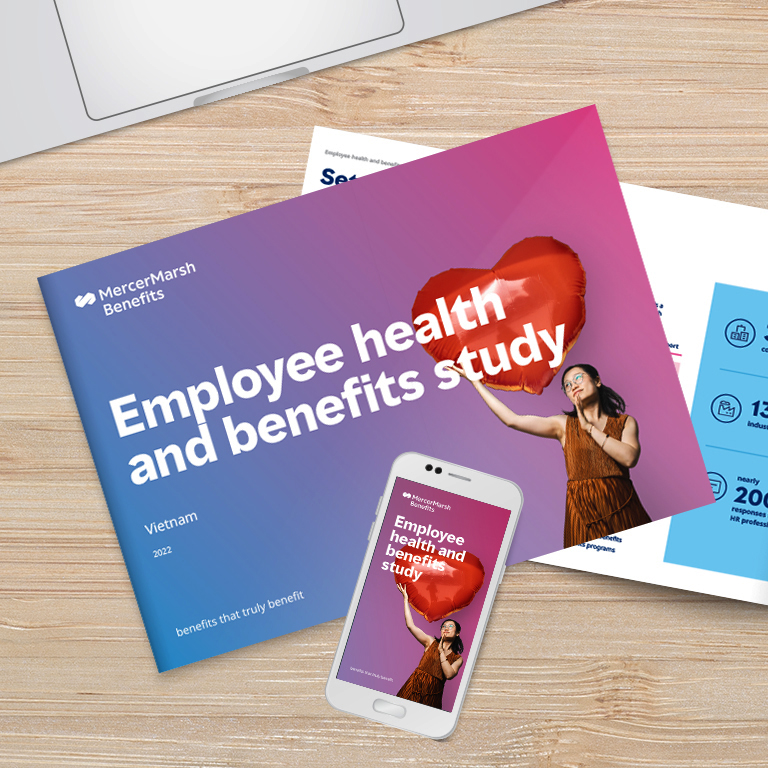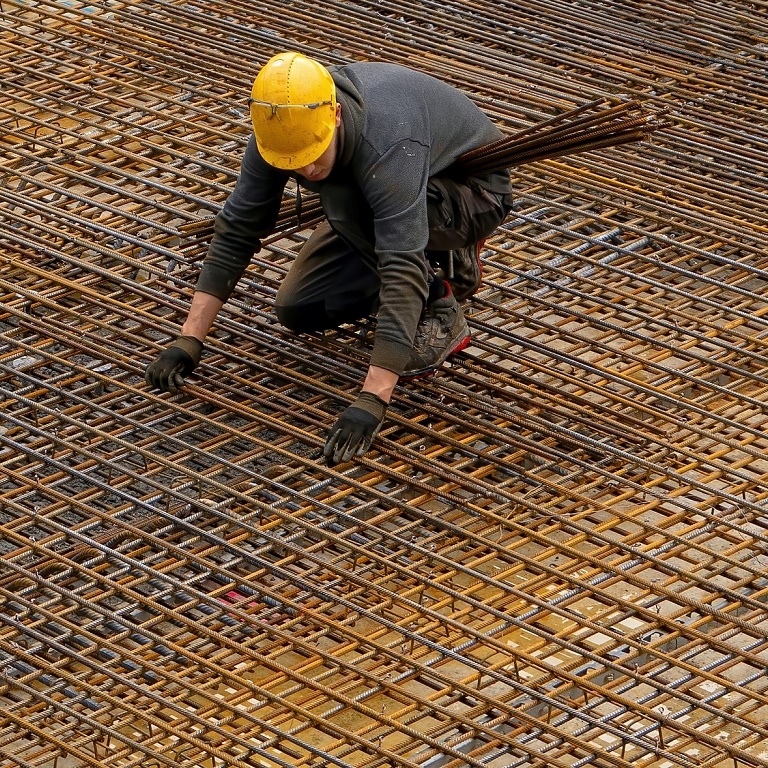Global concerns about climate and equity are top of mind for investors and employers. And for many, this includes readdressing the social contract with one of their most important stakeholder groups — employees. The intent to tackle inequity in health and wellbeing is central to these goals
The COVID-19 pandemic exposed the need to protect and promote the health and wellbeing of our workforce. The impact of the pandemic is not experienced evenly either from a health or economic point of view. There is ample evidence that racial and gender differences were factors in how people fared in their experience and outcomes as well as wage, age, and disability status.
A UN report found that 53% of women suffered reduced work hours as a result of the pandemic compared to 31% of men.[1] In the UK, women were about one-third more likely to be working in a sector that shut down. Even when they could continue working, mothers were one-and-a-half times more likely to stop work than fathers.
Our recent Health on Demand research found that 24% of employees aren’t confident they can afford the healthcare they or their families need. Individuals with below-median household incomes are less likely to have medical coverage, short-term disability protection, and access to mental health counseling through their employer.










